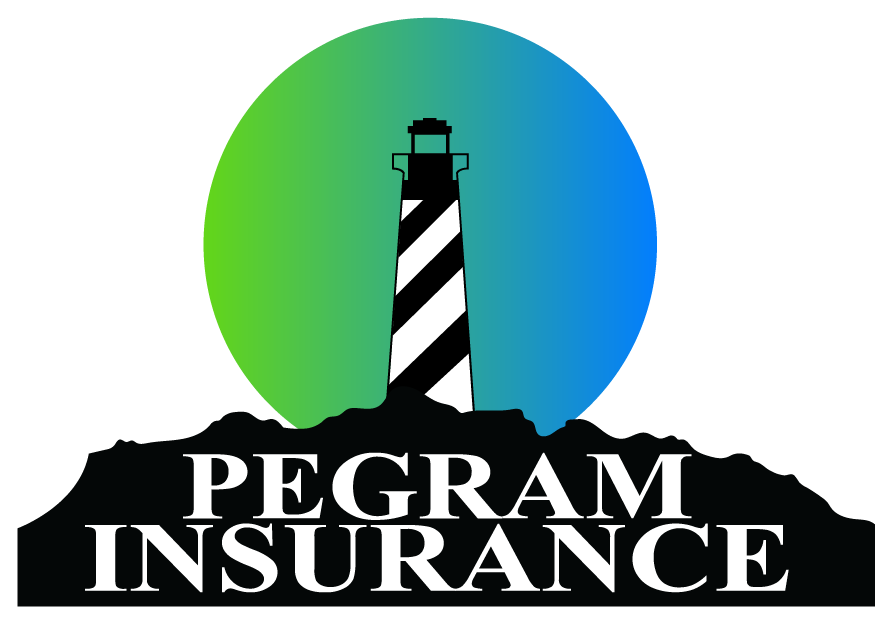
Choosing the right insurance policy can be overwhelming with so many options, providers, and terminologies. Insurance serves as a financial safety net, offering protection against various risks that can impact different aspects of your life. From safeguarding your health and well-being to ensuring your family’s financial security and even your worldly travels, the right insurance policy can provide peace of mind in uncertain times. Below, we’ll explore the essential types of insurance policies, delve into their key features, and help you understand which policies may best suit your needs.
DIFFERENT TYPES OF INSURANCE POLICIES
HEALTH INSURANCE
Health insurance is designed to cover your medical expenses, from doctor visits and hospital stays to surgeries and prescription drugs. It can be comprehensive, catering to various healthcare needs, or specialized like dental or vision insurance.
- Preventive Care: Immunizations, screenings, and regular check-ups to nip potential issues in the bud.
- Mental Health Services: This includes therapy, counseling, and psychiatric care.
- Maternity and Newborn Care: From prenatal to postnatal care, this one’s got you and your newborn covered.
- Prescription Drugs: Covers a part or the whole cost of prescribed medicines.
- Wellness Programs: Some policies offer perks like gym memberships or diet plans.
- Emergency Services: In unforeseen situations, the policy can cover costs incurred during emergency medical intervention.
LIFE INSURANCE
Life insurance ensures that your beneficiaries receive a lump sum, known as a death benefit, when you pass away. Some life insurance policies come with investment options or cash-value accounts that grow over time, providing financial opportunities while you’re still alive.
- Cash-Value Element: A savings account, of sorts, where a portion of your premiums can grow, tax-deferred.
- Investment Opportunities: Certain policies offer the opportunity to invest in stocks or mutual funds.
- Living Benefits: Accelerated benefits or riders that you can utilize in special circumstances.
- Tax Advantages: Some policies offer tax benefits either at the time of investment, maturity, or both.
.
HOMEOWNERS/RENTERS INSURANCE
Homeowners insurance provides financial protection against damage to your home and its contents due to disasters, theft, or accidents. Renters insurance covers your personal belongings in the rented property and may offer liability protection.
- Personal Property Coverage: Covers your belongings, inside and outside your home.
- Liability Protection: Legal and medical bills if someone gets hurt on your property.
- Loss of Use Coverage: If your house becomes uninhabitable, this helps cover living expenses.
- Optional Coverages: You can add extra layers like flood or earthquake insurance depending on your geographical vulnerabilities.
AUTO INSURANCE
Auto insurance primarily covers the cost of repairs to your vehicle in case of an accident. However, depending on your plan, it can also cover medical expenses, legal fees if you’re sued, and even damages to other people’s property.
- Liability Coverage: Costs related to bodily injury or property damage in an at-fault accident.
- Comprehensive Coverage: Covers damage from incidents other than collision, like theft or natural disasters.
- Collision Coverage: For those unfortunate fender benders.
- Personal Injury Protection: Covers medical expenses, regardless of who’s at fault.
TRAVEL INSURANCE
Travel insurance safeguards you against the financial risks and losses that can occur while traveling. This can range from trip cancellation and lost luggage to medical emergencies in foreign countries.
- Trip Cancellations: Refunds you if unforeseen circumstances force you to cancel your trip.
- Medical Emergencies Abroad: Global healthcare at your fingertips.
- Lost Luggage: Compensation for the contents and the suitcase.
- Travel Delays: Accommodation and meals are covered in case of a significant delay.
ASSESSING YOUR INSURANCE NEEDS
Before jumping into any policy, it’s vital to gauge your specific needs. Evaluate based on:
- Assets: What valuables do you own that would be costly to replace?
- Family Status: Are you married? Do you have kids? Or are you single?
- Financial Dependents: Parents, siblings, even pets can fall under this category.
- Long-Term Goals: Saving for a home, planning early retirement, or eyeing a world tour?
- Risky Behaviors: Rock climbing or skydiving on weekends, perhaps?
HOW TO COMPARE INSURANCE POLICIES
When you’re standing at the crossroads of multiple insurance options, it’s crucial to compare apples to apples. So how do you dissect the fine print?
Cost-to-Coverage Ratio
Start by comparing the premiums with the coverage. Cheaper isn’t always better. Weigh the costs against what is being covered.
Exclusions
Make sure to check the list of exclusions. For example, some health insurance policies won’t cover pre-existing conditions, while some auto policies won’t cover off-road damages.
Deductibles
The deductible is what you pay out of pocket before your insurance coverage kicks in. Lower deductibles usually mean higher premiums and vice versa. So, pick what’s feasible for your pocket.
Additional Benefits
Little perks like free preventive health check-ups, car towing services, or home emergency repairs can really sweeten the deal.
Customer Service
In a crisis, you’ll want responsive and effective customer service. Look up reviews, ratings, and ask friends and family for recommendations.
THE IMPORTANCE OF READING THE FINE PRINT
Fine print—the stuff we usually skip—can make or break your experience with an insurance policy.
Terms and Conditions
Understand the terms and conditions. These can hide surprising caveats, exceptions, or limitations that could affect you later on.
Renewal Clauses
Make sure you’re aware of the auto-renewal clauses. Sometimes, auto-renewals may include premium hikes that you didn’t anticipate.
Termination Penalties
If you decide to terminate your policy before its term, are there any penalties or loss of benefits? Be aware.
HOW CAN I CUSTOMIZE MY POLICY?
Standard policies can often be tailored to better meet your needs.
Add-Ons and Riders
You can often add riders or supplemental policies, like critical illness riders on a life insurance policy or pet injury protection for auto insurance.
Bundling Options
Some insurance providers offer discounts for bundling multiple policies, like your home and auto insurance.
Tailored Plans
Certain policies let you tailor the terms—like the payout methods in life insurance or customizing the co-pay in health insurance.
CONCLUSION
Alright, we’ve covered a lot of ground here! Remember, the key to finding the perfect insurance policy is matching it to your individual needs and lifestyle. From assessing your assets to understanding the type of coverage each policy offers, the journey to the right insurance policy is less about luck and more about informed choices.
It’s more than just a financial transaction; it’s a commitment to your future safety and peace of mind. Don’t forget that policies can change and be updated. Always consult with your insurance agent to get the most current information.
Interested in learning more? Feel free to visit our website or reach out to us directly. We’re here to help you find your perfect fit in the world of insurance!
Disclaimer: The information provided in this blog is for general informational purposes only. It should not be considered as financial or insurance advice. Always consult with your insurance agent for personalized advice.
Contact Us!
For quotes or questions, fill out the form below and one of our agents will be in touch shortly!




